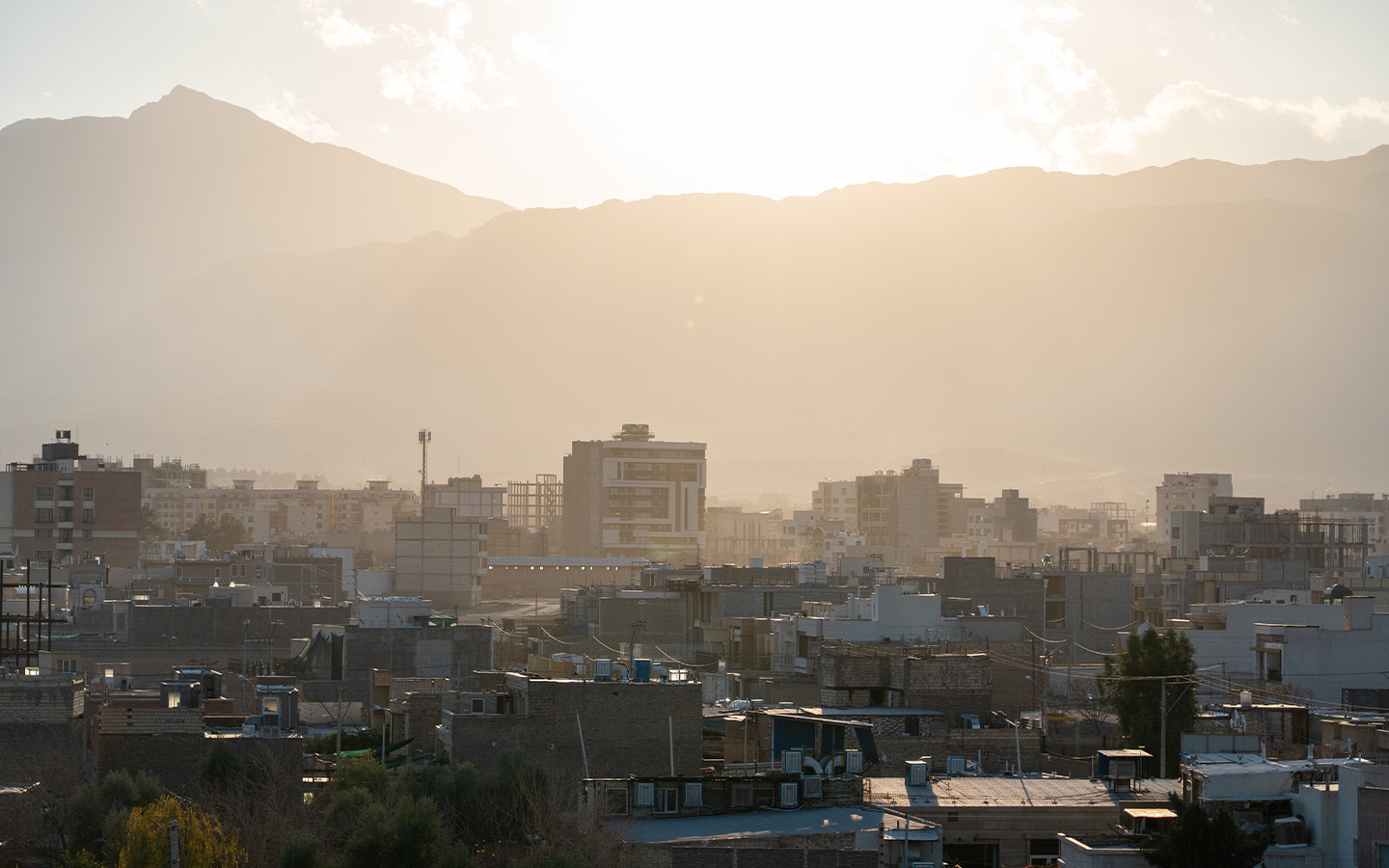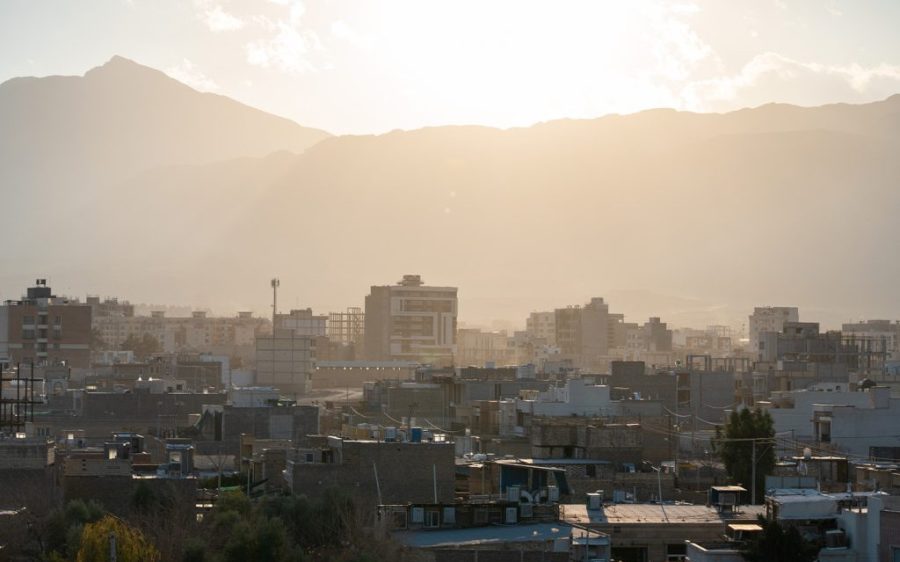As water shortages spread through Iran, authorities warn of rationing and even evacuating millions amid the worst drought in decades.
President Masoud Pezeshkian warned Iranians that if rain does not come before winter, they may be forced to ration water, reports the BBC. The forecast looks bleak, with meteorological officials saying no rain is expected over the next 10 days. Abbas Ai Abadi, the country’s energy minister, said authorities may soon be forced to cut water supplies, potentially decreasing it to zero some nights.
Reporting from multiple Iranian outlets indicates those cuts may already be in place. Officials are also weighing penalising households and businesses that consume too much water.
President Masoud Pezeshkian has said that if there is not sufficient rainfall soon, Tehran’s water supply could be rationed. “If rationing doesn’t work,” he warned, “we may have to evacuate Tehran.” Iranian newspapers and social media criticised the idea, one former mayor of Tehran dismissing evacuating as “a joke” that “makes no sense at all”.
However, the secretary-general of the Water Industry Federation disagreed. “My honest advice to the public is to take the president’s words very seriously. He has told the truth – bitter but undeniable,” Alireza Shariat said. “Continued inaction may lead to forced migration from Tehran.”
[See more: Areas around the world hit by drought have doubled since 1900, a new report finds]
Water shortages are hitting cities across Iran, with 19 major dams running dry, according to the Iran Water Resources Management Company, many of which support the largest cities in the country. Latian Dam, one of the main water sources for Tehran, is at less than 10 percent of capacity and the nearby Karaj Dam is even lower, one elderly resident telling Iranian state TV, “I have never seen this dam so empty since I was born.”
Management blames a drastic decrease in rainfall, down 92 percent from 2024. “We have only 8 percent water in our reservoir,” Mohammad-Ali Moallem explained. “Most of it is unusable and considered ‘dead water.'”Lack of rainfall is only part of the problem. Overuse by agriculture, century-old water infrastructure and decades of mismanagement, even corruption, have also contributed to the current crisis. But rain is the tipping point. Tehran is experiencing one of its driest periods in the last half-century and officials warn that if current trends persist, the city may run out of drinkable water within weeks.






